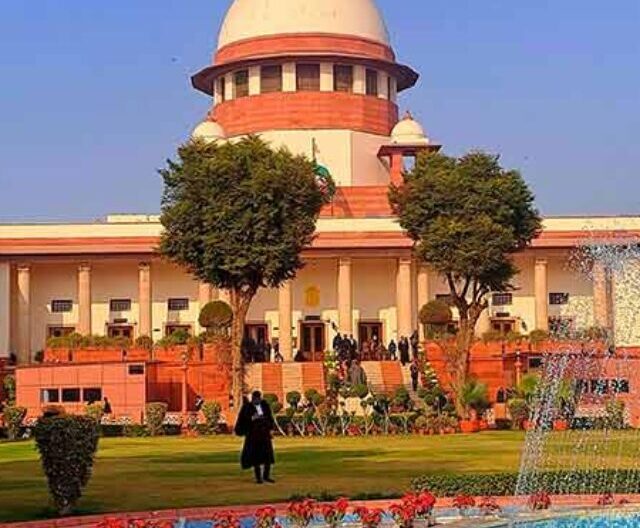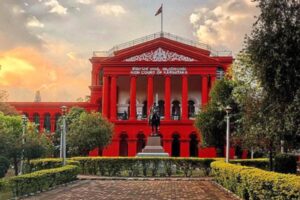
In a crucial hearing on the worsening air quality in Delhi-NCR, the Supreme Court on Monday sharply criticized both the Centre and Delhi government for delays in addressing the pollution crisis. The bench, led by Justice A.S. Oka and Justice A.G. Masih, underscored the urgent need for immediate action to tackle the hazardous air quality levels. Read on for further details in this article, with inputs provided by Special Correspondent Sambhav Sharma.
Urgent Call for Action
In a critical hearing regarding the deteriorating air quality in Delhi-NCR, the Supreme Court on Monday stressed the need for immediate action from both the Centre and Delhi government. The top bench, comprising Justice A.S. Oka and Justice A.G. Masih, raised serious concerns over the dangerously high Air Quality Index (AQI) levels and questioned the delay in enforcing essential pollution control measures.
Severe Air Quality Crisis
Amicus Curiae Aparajita, who has been assisting the Court, informed the bench that the situation was dire, with air quality levels reaching hazardous levels. The Court noted that the AQI had surpassed the 300-mark, signifying a severe health risk to residents of the region.
Concerns Over Delayed Action
Justice A.S. Oka emphasized that it was crucial to monitor how the Delhi government was implementing Stage 3 of the Graded Response Action Plan (GRAP). He remarked that once the AQI crosses the 300 threshold, it becomes mandatory to activate Stage 3. Justice Oka further questioned the delay in enforcement, urging that prompt action was needed.
Centre’s Justification and Court’s Response
The Centre responded that Stage 3 of GRAP is typically implemented when the AQI ranges between 300 and 400, and that the government generally monitors air quality for 3-4 days to assess whether conditions improve. Additionally, the Centre referred to forecasts from the Indian Meteorological Department (IMD), which predicted an improvement in air quality due to expected winds.
However, the Supreme Court expressed doubts about relying on IMD forecasts in such a critical situation. Justice Oka questioned, “Can we afford to wait 3 days in this severe condition? How can such a delay in implementing GRAP Stage 3 be justified?”
Move to Stage 4 GRAP
Amid growing concerns over the air quality crisis, the Centre informed the Court that it had already moved to implement Stage 4 of GRAP, which imposes stricter restrictions on construction activities, industries, and vehicular movement.
Court’s Directive
Justice Oka made it clear that the Delhi government must adhere to Stage 4 measures and must not downgrade the response level without prior approval from the Court. The bench’s emphasis on strict enforcement reflected the urgency of the situation, highlighting the need for swift and decisive action to mitigate the hazardous air quality levels.
Conclusion
The Supreme Court’s strong stance underscores the gravity of the air pollution crisis in Delhi-NCR. With the AQI levels posing a significant health risk, the Court’s call for immediate action from both the Centre and Delhi government reflects a sense of urgency, stressing the need for strict adherence to pollution control measures to protect public health.




